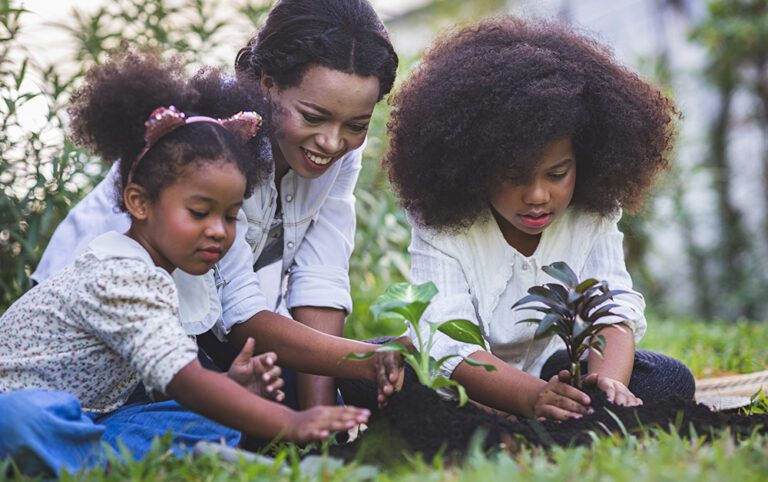
Children’s environmental health: Failing is not an option
All children have the right to live and thrive in a healthy and safe environment. Children’s

All children have the right to live and thrive in a healthy and safe environment. Children’s
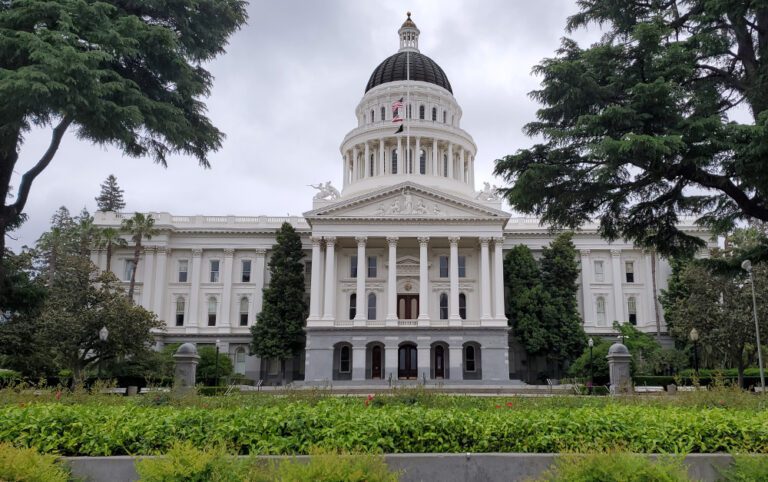
Unless you live in one of the states in which PAN has an on-the-ground organizing presence,
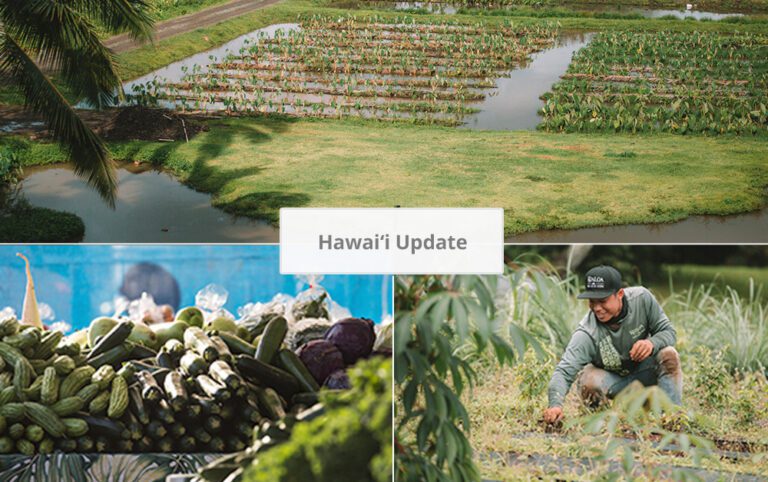
Recent data shows that central Oahu suffers from the heaviest application rates of these chemicals in
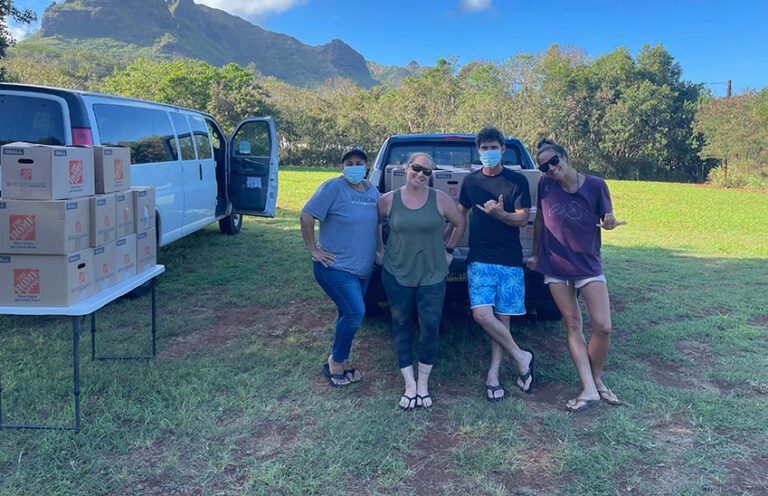
PAN’s work in Hawai‘i focuses on community building and engaging people within local movements that advocate for clean land, air, and water, as well as vulnerable populations like our Elders and Youth.
We seek to collaborate with populations who are most at risk for pesticide exposure consistently and continuously. By giving them support and amplifying their voices, we help to build powerful communities that stand up to the corporate interests that promote extensive pesticide use.
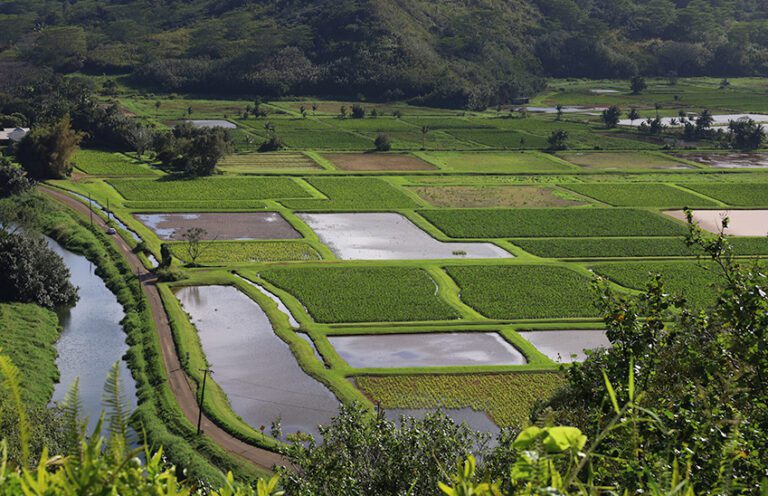
Aloha ‘Āina is a Hawaiian term that translates to “love for the land.” It is a set of principles that promotes a sustainable relationship between humans and the environment. The use of pesticides is one of the most significant threats to this relationship, and it is essential to regulate these chemicals to ensure they do not harm the land.
PAN has a long history of working with partners to consistently and persistently place legislation in front of our leaders to control pesticide use.
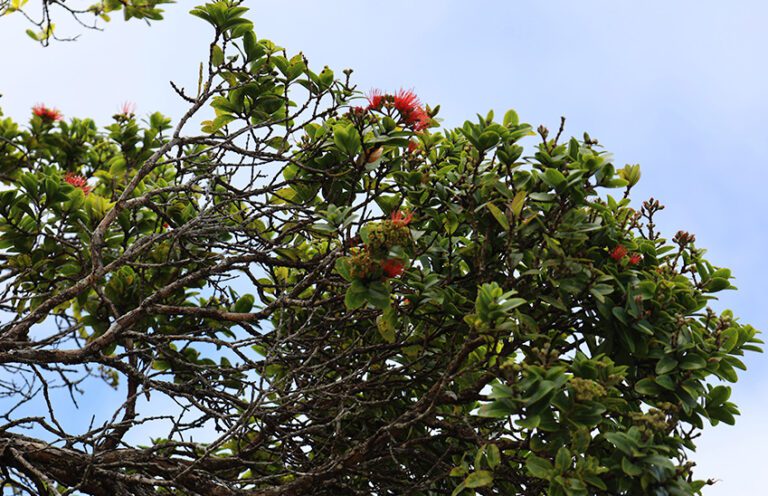
We are currently working on the Pilina Project in an effort to collect and honor the stories from our elders who inspire Aloha ‘Āina. Our project has started on the island of Kaua’i and will eventually expand to other islands. We are listening to members of communities affected by changes in climate and those who cannot gain access to land for growing traditional foods.
Our goal is to increase awareness of these stories, using various media options and including materials in the Mauna Kea Educational Exhibit.
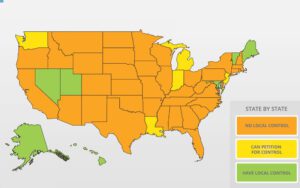
In all but seven states, local communities cannot put rules into place that are stricter than state-level regulations — the

PAN and HAPA have teamed up with PAN Asia Pacific and partners from around the world to trace the global
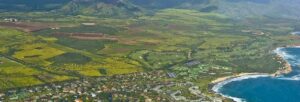
Five of the world’s six largest genetically engineered (GE) seed and pesticide corporations use Hawai’i to field test new crops
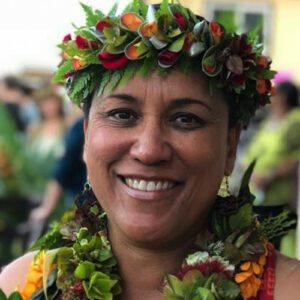
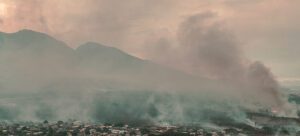
We are deeply saddened by the loss of lives, devastation to generational and residential homes, businesses, and historical spaces in West Maui,


